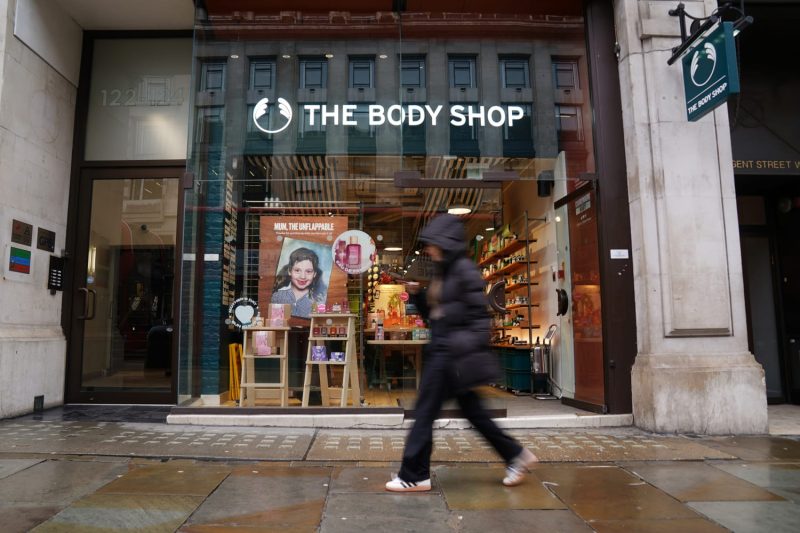Body:
The Body Shop, a renowned beauty and skincare retailer, has recently faced a significant setback in the U.S. market. After struggling financially and filing for bankruptcy, the company has made the difficult decision to cease its operations in the United States. This development marks a significant turning point for the brand, which has been a fixture in the beauty industry for many years.
One of the key reasons behind The Body Shop’s financial woes in the U.S. can be attributed to changing consumer preferences and market dynamics. In recent years, there has been a notable shift towards online shopping and the rise of e-commerce giants, which has posed challenges for traditional brick-and-mortar retailers. As a result, The Body Shop has faced increased competition from online beauty retailers and struggled to adapt to the changing retail landscape.
Additionally, the impact of the COVID-19 pandemic has further exacerbated the challenges faced by The Body Shop in the U.S. With lockdowns and restrictions affecting retail foot traffic, the company experienced a decline in sales and revenue, ultimately leading to financial difficulties. The pandemic not only disrupted the company’s operations but also highlighted the vulnerabilities of traditional retail models in the face of unforeseen crises.
Furthermore, The Body Shop’s bankruptcy filing and subsequent decision to close its stores in the U.S. have implications for its employees and loyal customers. While the closure of physical stores may come as a disappointment to customers who have patronized the brand over the years, it also serves as a reminder of the ever-evolving nature of the retail industry. The Body Shop’s exit from the U.S. market underscores the challenges faced by legacy brands in adapting to changing consumer behaviors and market trends.
Looking ahead, The Body Shop’s decision to shut down in the U.S. raises questions about the future of traditional retail and the strategies that companies must adopt to remain competitive in a rapidly evolving landscape. As technology continues to reshape the way consumers shop and interact with brands, it is imperative for retailers to innovate and explore new avenues for growth.
In conclusion, The Body Shop’s closure in the U.S. marks the end of an era for the brand in this market. While the decision may be a strategic one in light of the company’s financial challenges, it also serves as a cautionary tale for retailers navigating an increasingly digital and unpredictable retail environment. As The Body Shop bids farewell to its U.S. operations, the industry as a whole will undoubtedly reflect on the lessons learned and the need for agility and adaptation in an ever-changing marketplace.
